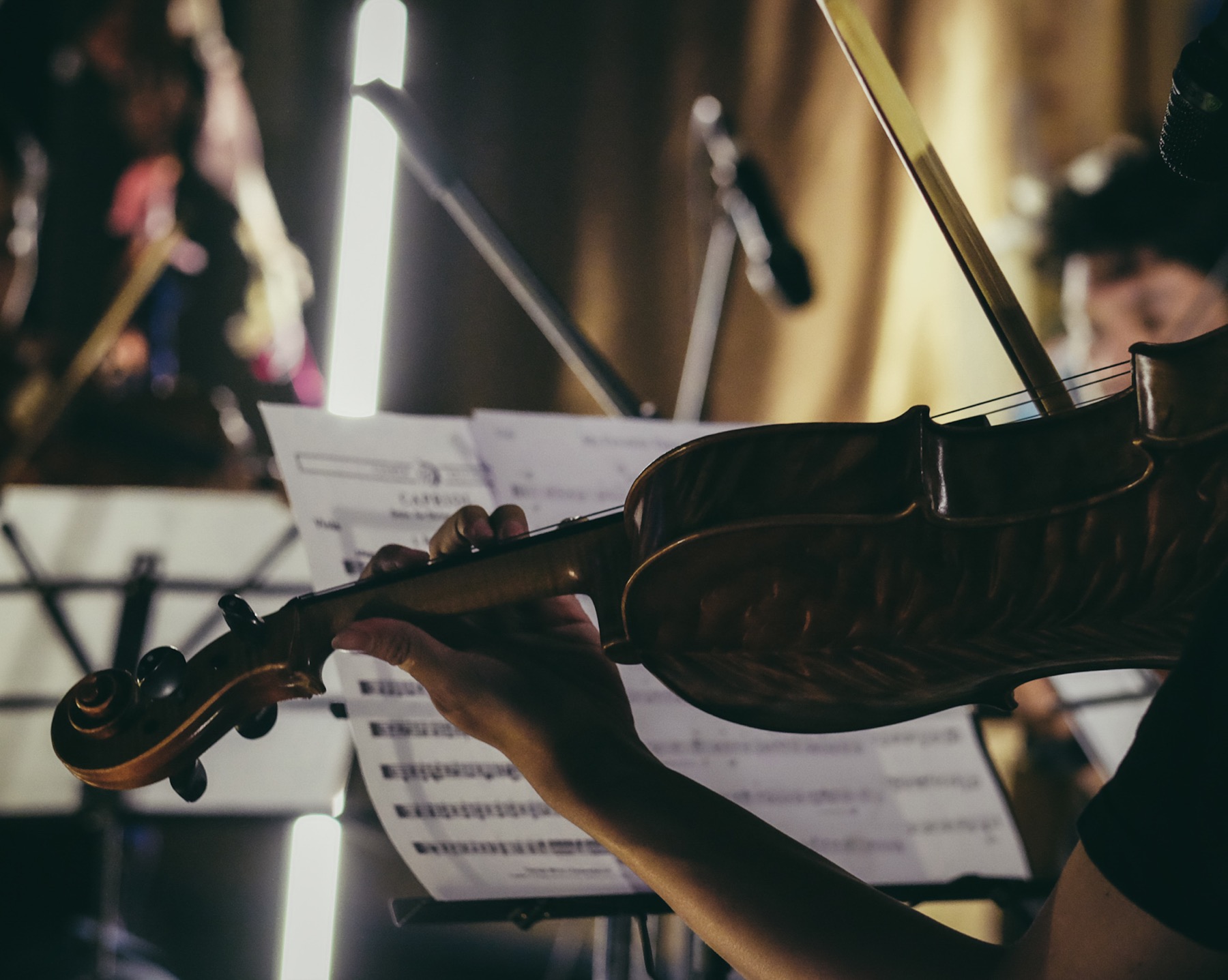China embraced Western classical music because it was superior

This week’s Kuora comes from two of Kaiser’s answers, originally posted to Quora on December 19, 2014:
Why did Western classical music catch on in China so much more than India?
I’m tempted to suggest that it’s because of China’s relatively impoverished indigenous musical traditions, and India’s comparatively well-developed musical heritage. Play a recording of a famous Chinese composition, one known to almost anyone — say, Shimian maifu, or “Ambushed,” a piece for the pipa that requires considerable virtuosity to play. Your typical educated Chinese person will know it, but cannot name its composer, or a musician famous for having played it. In fact, he or she can name basically no pre-modern composers, and the only individuals famous for their musicianship they can name are only secondarily famous as musicians: They’re primarily known as statesmen, or generals, or poets, or men of letters. Music was courtly, ritualistic, and anonymous; or it was private and contemplative; or it was vulgar and for the amusement of the great unwashed —musicians held in little higher regard than mendicants or prostitutes.
Music itself was trapped in pentatonic scales since as far back as the 7th or 8th century, when the craze for all things Central Asian in the Tang Dynasty saw the original Chinese music (which sounded a bit more like what we now think of as Japanese music, I’ve heard) supplanted with simple pentatonic. There is no polyphony: Astonishing, but true — no chords to speak of, just fourths and fifths as standard harmony intervals), and no polyrhythm.
Western classical music, by contrast, was, to many of the culture-makers of the early 20th century, manifestly superior. While Chinese music was, like Chinese painting, capable of quite subtle expressiveness, it had become rather rarified and too abstracted. Western classical music was high culture, rich, and complex, and seemed to many to embody all the things that had given the West the edge over China in the 19th century: Its combination of individualism and of talent working in concert, its professionalism, its seemingly scientific basis.
I’d love for someone who knows something about traditional Indian music to answer this question, but I strongly suspect that it was precisely the well-developed, diverse, complex, personally rewarding nature of music on the subcontinent, where individual composers and musicians were respected and indeed celebrated, and where music was a more integral part of life, that muted Indian interest in Western classical music.
Also see:
When China embraced classical music: The Philadelphia Orchestra’s historic 1973 tour
Kuora is a weekly column. Photo by Julio Rionaldo on Unsplash






